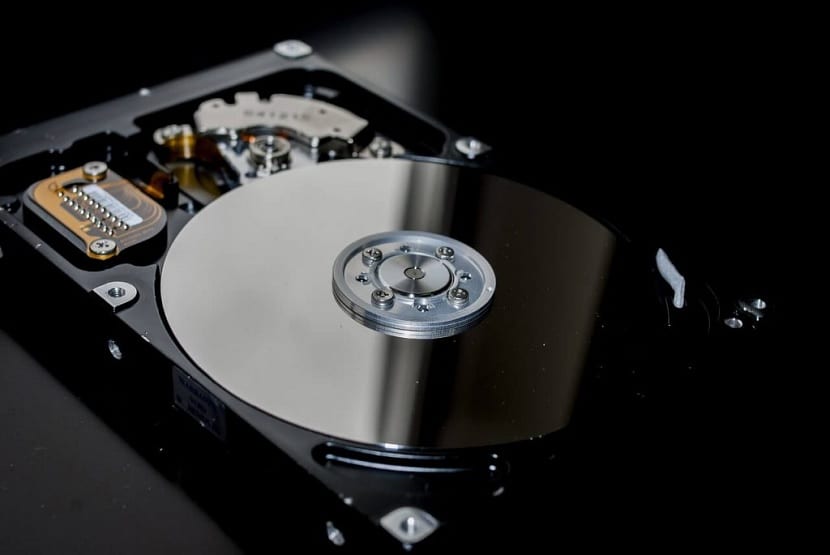
The use of the hard disk is something that we tend to monitor with some frequency. Especially if we have a Windows 10 computer that is a few years old. Since we do not want to take up too much space, especially in those cases where there is little space or if the computer is shared with other users. Over time, many tools have emerged for better management of storage space on the computer. Today we talk about one of them.
As we receive updates to Windows 10, the operating system ends up taking up more space. Which significantly limits the hard drive we have. This is something that causes concern to many users. In this sense, we have uan option with which to limit the space busy on the disk.
It is a little known function, but that we can use in Windows 10 at all times. Thanks to it, we have the possibility of installing a limit on the amount of disk space that users on said computer will be able to use. So we can avoid certain problems with space. Very important if you share your computer with other people.

Limit the use of hard disk space

In the event that you share your Windows 10 computer with other people, it can be a good help. Also for any user of the operating system. Since it will allow us clearly limit the space that is going to occupy the hard disk, avoiding that we will have problems in this regard in the future, which is usually an issue that always generates concern among users. Before doing anything, it should be mentioned that not all hard drives support the feature. It depends on each model, but we can test to see if it is compatible.
The first thing we have to do in this case is to open the Windows 10 file explorer. Then, we look for the letter of the hard drive of the computer. We can do it in said browser or in My Computer. We have to right click with the mouse on the unit in question. From the contextual menu that appears next, we have to choose the Properties option.
When we are inside the properties window, which has been opened on the screen, we look at the upper tabs. Among them there is a tab called Quota. Upon entering it, we find a button called «Show quota settings». We have to click on this button, so that then we can activate the function called "Enable quota management". We have already taken the first step.

Then we have to click on the option called "Limit disk space to" and we just have to enter the amount we want to set as the limit on our hard drive in Windows 10. This is something that will depend on each user, depending on the capacity of this unit. But keep in mind that we will always be able to change it, if we consider that the limit is too high, or just too low. So establish something that seems appropriate, but always open to modifications in that sense.

In addition, we have the possibility of configure warnings in Windows 10 using this function. In this way, if at any time we approach the capacity limit of the hard disk, we will be able to know immediately that we are occupying too much. So at that time we will have to free up space on the computer. Luckily, this is something that we can do in a simple way, since we have several methods to which we can resort to free up space at all times. Avoiding in this way that the limit that we have established is going to be exceeded at some point.
A very useful function, that unfortunately does not work in all cases, it will depend on your unit. But if you have the possibility to use it, it will probably be useful in your case to set that limit.